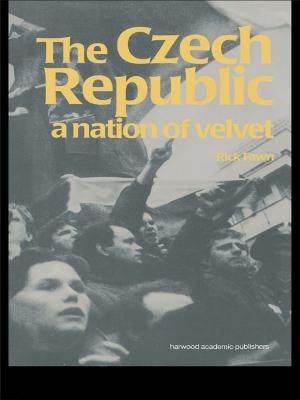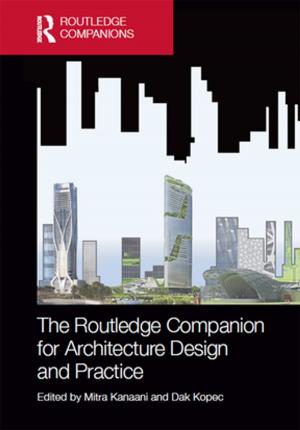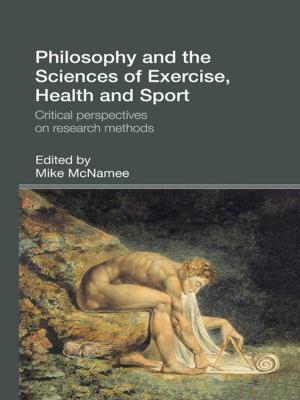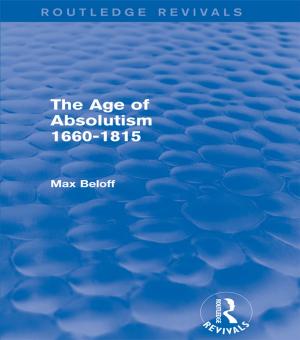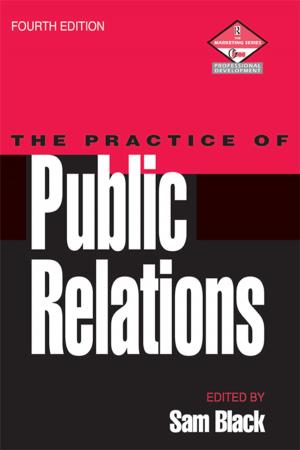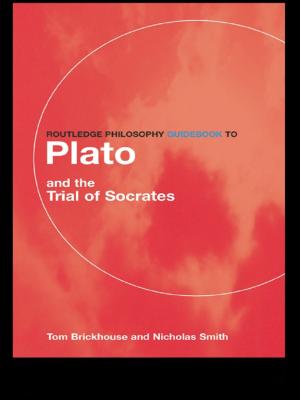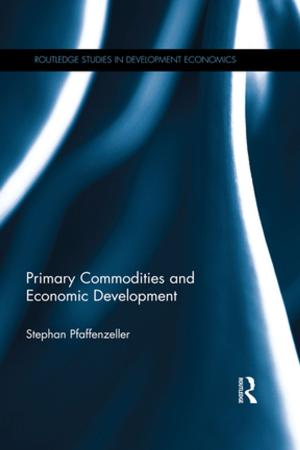Teachers, Ideology and Control (RLE Edu N)
Nonfiction, Reference & Language, Reference, Education & Teaching| Author: | Gerald Grace | ISBN: | 9781136453687 |
| Publisher: | Taylor and Francis | Publication: | May 4, 2012 |
| Imprint: | Routledge | Language: | English |
| Author: | Gerald Grace |
| ISBN: | 9781136453687 |
| Publisher: | Taylor and Francis |
| Publication: | May 4, 2012 |
| Imprint: | Routledge |
| Language: | English |
Teachers of the urban working class, especially in inner city areas, have always been regarded as strategic agents in processes of social and cultural formation. In the Victorian era, seen as ‘The Teachers of the People’, ‘Pioneers of Civilization’ and ‘Preachers of Culture’, their role in gentling and controlling the urban masses was crucial. They have always been at the centre of confrontation and struggle – in a classroom sense, in a cultural sense and in a socio-political sense. In contemporary inner city schools such confrontation and struggle remain a reality.
Teachers, Ideology and Control is one of the first attempts to examine this important social and occupational group by locating contemporary sociological research in an historical framework. As such it will be of interest not only to students of sociology and education (especially urban education) but also to social historians. Its relevance to those who either administer or teach in urban schools will be clear. The author shows the ways in which contemporary inner city schools are caught up in an ideological struggle in education. He explore the nature of constraint and control in urban education with reference to existing constructs of the ‘good teacher’; the demands of the teacher’s work situation and the reality of autonomy. He suggests that, viewed historically, the relative autonomy of teachers has increased as a result largely of socio-political and institutional crises. At the same time however there have been important changes in the modality of social control, changes from more explicit to more implicit features. What it is to be a ‘good teacher’, the effects of day-to-day ‘immersion’ in school life and the ideology of professionalism- -these are all seen to be important constituents of a network of implicit control in contemporary education.
Teachers of the urban working class, especially in inner city areas, have always been regarded as strategic agents in processes of social and cultural formation. In the Victorian era, seen as ‘The Teachers of the People’, ‘Pioneers of Civilization’ and ‘Preachers of Culture’, their role in gentling and controlling the urban masses was crucial. They have always been at the centre of confrontation and struggle – in a classroom sense, in a cultural sense and in a socio-political sense. In contemporary inner city schools such confrontation and struggle remain a reality.
Teachers, Ideology and Control is one of the first attempts to examine this important social and occupational group by locating contemporary sociological research in an historical framework. As such it will be of interest not only to students of sociology and education (especially urban education) but also to social historians. Its relevance to those who either administer or teach in urban schools will be clear. The author shows the ways in which contemporary inner city schools are caught up in an ideological struggle in education. He explore the nature of constraint and control in urban education with reference to existing constructs of the ‘good teacher’; the demands of the teacher’s work situation and the reality of autonomy. He suggests that, viewed historically, the relative autonomy of teachers has increased as a result largely of socio-political and institutional crises. At the same time however there have been important changes in the modality of social control, changes from more explicit to more implicit features. What it is to be a ‘good teacher’, the effects of day-to-day ‘immersion’ in school life and the ideology of professionalism- -these are all seen to be important constituents of a network of implicit control in contemporary education.

